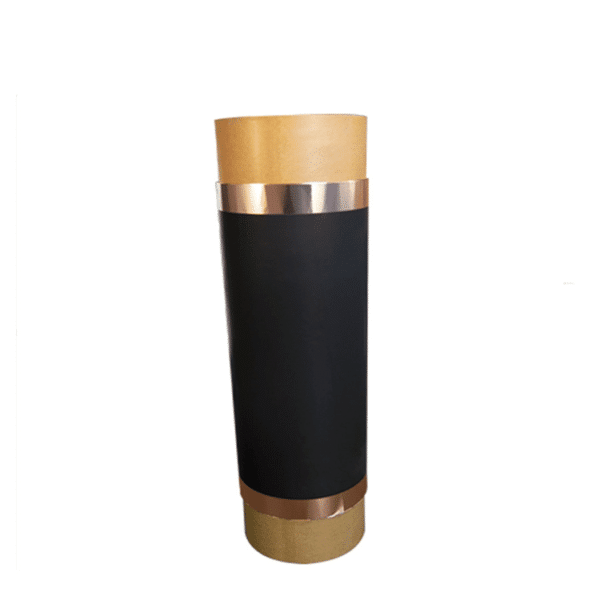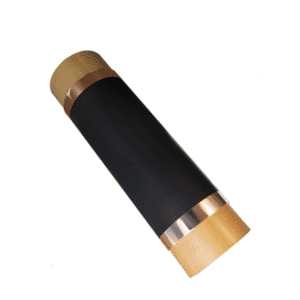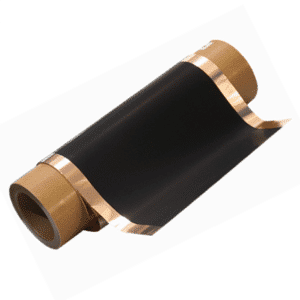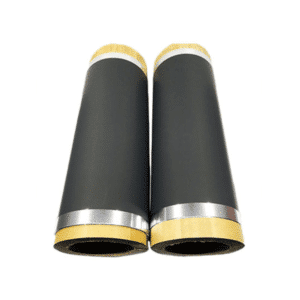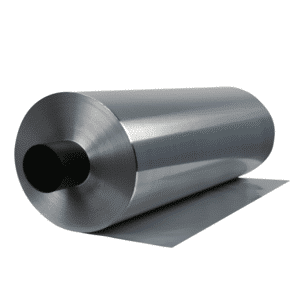Application
◎ Lithium-ion batteries for electric vehicles and、energy storage(LFP、LMFP、LMO、NCM、NCA、LNM、LTO)
◎ Lithium-ion batteries for 3C productions(LCO、LMO)
◎ Supercapacitor
◎ Lithium-ion capacitor
◎ Lithium ion battery in water system
◎ Alkaline batteries
Features
1. Superior Conductivity: Carbon-coated copper foil provides excellent electrical conductivity, facilitating efficient current collection in battery systems.
2. Chemical Stability: The carbon coating on copper foil provides chemical resistance, protecting it from electrolytes that are harsh on batteries and prolonging its lifespan in difficult battery environments.
3. Improved Adhesion: Carbon coating ensures improved adhesion between copper foil and active materials, promoting stronger bonding and decreasing risks of delamination or detachment during battery operation.
4. Reduced resistivity: Copper’s inherent conductivity combined with carbon’s low resistivity helps minimize energy losses and impedance for improved battery performance overall.
5. Surface Smoothness: Carbon-coated copper foil usually boasts a smoother surface compared to its uncoated counterpart, providing better contact between active materials and battery’s overall efficiency.
6. Even Current Distribution: The uniform carbon coating helps ensure an even distribution of current across electrode surfaces, helping minimize hotspots and boosting battery stability and longevity.
7. Lightweight and Flexible: Carbon-coated copper foil is lightweight and flexible, making it suitable for various battery designs and manufacturing processes that involve bending or shaping processes.
8. Heat Dissipation: Copper has excellent thermal conductivity, while carbon coating can further increase heat dissipation from battery cells, helping them operate at optimal operating temperatures.
9. Compatibility: Carbon-coated copper foil is compatible with numerous battery chemistries, such as lithium-ion, lithium polymer and others – making it an excellent choice for use across a range of battery applications.
10. Scalability and availability: Carbon-coated copper foil is widely available commercially in various sizes and thicknesses, making it easily accessible for battery manufacturers who utilize large production processes.






